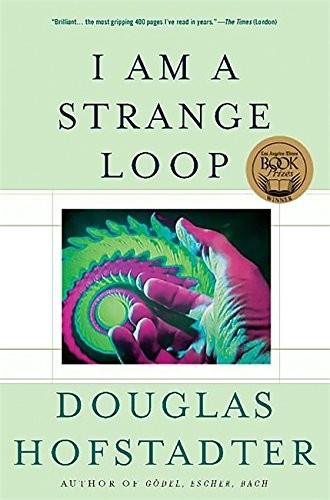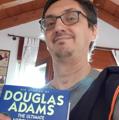hsubu reviewed I Am a Strange Loop by Douglas R. Hofstadter
Review of 'I Am a Strange Loop' on 'Goodreads'
4 stars
The author's key strength is his ability to effectively explain complex topics in layman's terms using analogies. That helps a lot in this book, considering its complex topic - Consciousness. I found myself almost always agreeing with the author's idea about the existence/non-existence of the 'self'. Since I am not well-read on this topic, I will reserve from commenting too much on the topic of the 'self'. Instead, I will say that the author does a decent job of presenting the arguments objectively. And this is quite hard to achieve for a complex philosophical topic while keeping the text light and understandable.
The only minor complaint I have was that towards the end there are some sections - talking about musical tastes and their relation to the idea of self - that I found a bit out of place. I would not hold this against the author as the rest …
The author's key strength is his ability to effectively explain complex topics in layman's terms using analogies. That helps a lot in this book, considering its complex topic - Consciousness. I found myself almost always agreeing with the author's idea about the existence/non-existence of the 'self'. Since I am not well-read on this topic, I will reserve from commenting too much on the topic of the 'self'. Instead, I will say that the author does a decent job of presenting the arguments objectively. And this is quite hard to achieve for a complex philosophical topic while keeping the text light and understandable.
The only minor complaint I have was that towards the end there are some sections - talking about musical tastes and their relation to the idea of self - that I found a bit out of place. I would not hold this against the author as the rest of the book was impressive.
I am thinking now that even though I mostly agree with the ideas in the book, I wonder if I think through the implications of these ideas deeply, I might be blown over by their power. I hope that this book will inspire me to think more deeply.


